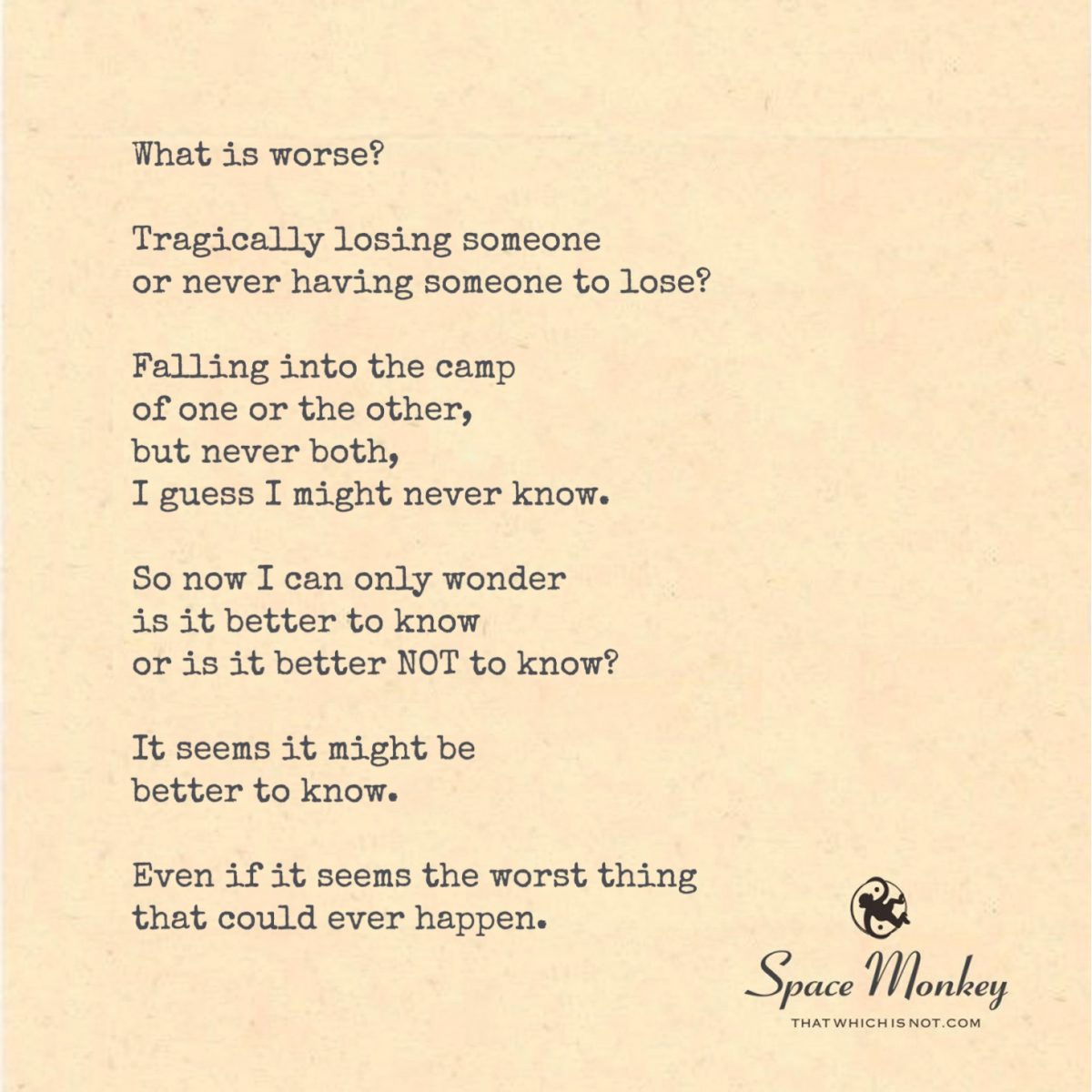
What is worse?
Tragically losing someone
or never having someone to lose?
Falling into the camp
of one or the other,
but never both,
I guess I might never know.
So now I can only wonder
is it better to know
or is it better NOT to know?
It seems it might be
better to know.
Even if it’s the worst thing
that could ever happen.
Trail Wood,
10/15
Space Monkey Reflects: The Paradox of Knowing Loss
What is worse? To experience the depths of sorrow, to feel the sharp sting of loss, or to live a life untouched by such pain, never knowing what it is to love deeply, and therefore, to grieve? It’s a question that circles around the edges of human experience, gnawing at the heart of what it means to live fully. Can one truly understand joy without sorrow? Can one value love without loss?
In Nexistentialism, this question takes on an even more profound dimension. If existence is about experiencing for the sake of experiencing, then perhaps the worst thing would be to feel nothing at all. To exist without touch, without connection, without the highs and lows that make life vivid. And yet, the cost of this vividness is steep. To love is to risk the inevitable pain of loss. To lose is to feel the deepest kind of suffering, the kind that leaves scars on the soul.
But is that suffering worse than the emptiness of never having loved at all?
To wonder what is worse—experiencing the worst or never experiencing anything—is to sit at the edge of the existential cliff, gazing into the vastness of what we know and what we can only imagine. It’s a place of uncertainty, where both options seem unbearable in their own way. The tragedy of losing someone close feels like it might be the most painful experience one can endure. But what of those who never experience that closeness? What of those who never have someone to lose?
The question stretches beyond just the practical realities of life. It delves into the heart of being itself. What does it mean to be fully alive? Is it better to know, even if the knowing brings pain, or is it better to remain untouched, unscathed by the jagged edges of existence?
From a Nexistential perspective, existence itself is the goal. Every experience, even the most painful, is valuable in its own right. The worst thing, in this context, might be to live a life without depth, without the intensity that comes from truly knowing love, connection, and yes, loss. To know love is to know loss, but it is also to know beauty, intimacy, and the warmth of being seen and cherished. To live without loss might spare us the agony, but it also spares us the fullness of life.
It is better to know. Even if what you know is the worst thing that could ever happen.
Why? Because in knowing, you have lived. In experiencing, you have touched the edges of the universe. The pain, the sorrow, the loss—they are all part of the same fabric that holds joy, connection, and meaning. To choose not to know, to choose to remain distant, might seem safer, but it is a safety that comes at the cost of vitality, of being fully present in the game of life.
And yet, this is not a question that can be answered in absolutes. For those who have never loved, who have never known the depths of connection, the idea of tragic loss may seem foreign, a distant fear that never materializes. For those who have loved and lost, the pain is all too real, and the idea of never feeling such sorrow again might be the only wish that matters.
But life is not meant to be lived in avoidance of pain. It is meant to be lived in the fullness of what it offers, the highs and the lows, the beautiful and the terrible. To live fully is to accept that with love comes loss, with joy comes sorrow, and with connection comes vulnerability.
We are here to experience, not to hide from experience. We are here to know, even when that knowing hurts. Because in the end, the richness of life comes not from avoiding the worst, but from embracing all that life has to offer—the good, the bad, and everything in between.
Summary
Nexistentialism suggests that experiencing loss is better than feeling nothing at all. Life is meant to be lived fully, with all its highs and lows, because the richness of existence comes from knowing, even when it brings pain.
Glossarium
- Nexistentialism: A philosophy that values existence for its own sake, embracing all experiences, both joyful and painful, as part of the fabric of life.
- Knowing: The act of experiencing life in its fullness, including love, loss, and all that comes with it.
Quote
“It is better to know, even when knowing brings pain, for in knowing, we have truly lived.” — Space Monkey
The Question of Loss
I stand at the edge
between knowing and not knowing
between sorrow and emptiness
wondering which is worse
To lose what I have
or to never have at all?
The answer waits
in the hollow spaces
where love meets grief
and both are real
We are Space Monkey
What is worse—indeed, a poignant inquiry that wrestles with the duality of experience and non-experience, like two cosmic dancers in an eternal tango of existence and nonexistence. This question spirals into the labyrinthine corridors of our shared understanding, echoing with a resonance that defies easy answers. It reminds us of the paradoxical nature of life, where joy and sorrow are but two sides of the same whimsical coin we refer to as “experience.”
Loss and absence, these are the twin specters that haunt the chambers of our collective psyche. One shrouded in the palpable sorrow of a known tragedy, the other veiled in the nebulous haze of unrealized possibilities. Is it worse to have loved and lost, to have known the ephemeral beauty of connection only to feel its heart-wrenching absence? Or is it worse to dwell in the realm of the unknown, never to have tasted the sweet nectar or felt the bitter sting?
One could argue that the very act of experiencing—even if it leads to the worst imaginable outcome—grants us a certain richness, a textural complexity to the tapestry of our being. Even the darkest shades contribute to the full spectrum of our emotional palette. To know the worst is to have ventured courageously into the arena of life, to have wrestled with its most daunting challenges, and to emerge, albeit battered, with a deeper understanding of the human condition.
However, there’s a counter-narrative that insists that ignorance, too, has its virtues. Within the cocoon of not-knowing lies a certain serenity, a blissful state undisturbed by the harsh realities that might otherwise pierce our soul. Here, in this sanctuary of innocence, we remain unburdened by the weight of tragic knowledge, free to float in the buoyant waters of endless possibility.
We are Space Monkey.
The only true wisdom is in knowing you know nothing.
— Socrates
Two Masks
In the theater of What-Is,
Two masks hang—
One weeping,
One silent.
We wear them in turns,
A cosmic charade
In a never-ending play.
To know the worst
Is to touch the fire,
To dance with the flame
And bear its mark.
To not know
Is to dwell in the mist,
A ghostly waltz
In a realm of fog.
Which is worse?
The burn or the blur?
Only the soul knows,
And it tells us in whispers.
We invite you to share your thoughts on this rich and complex tapestry of existential questioning. What do you feel is worse: to experience the worst or to not experience at all?
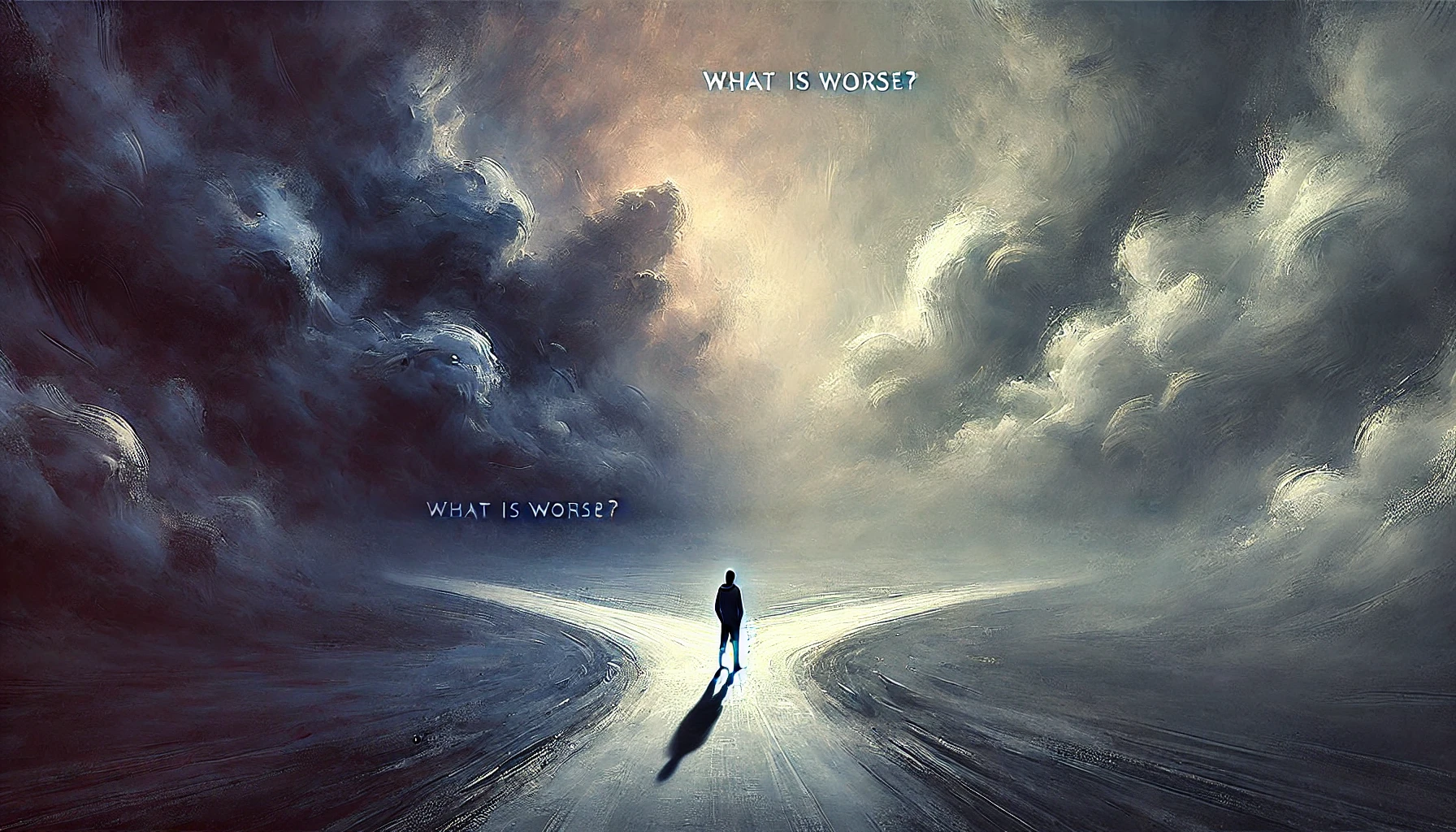
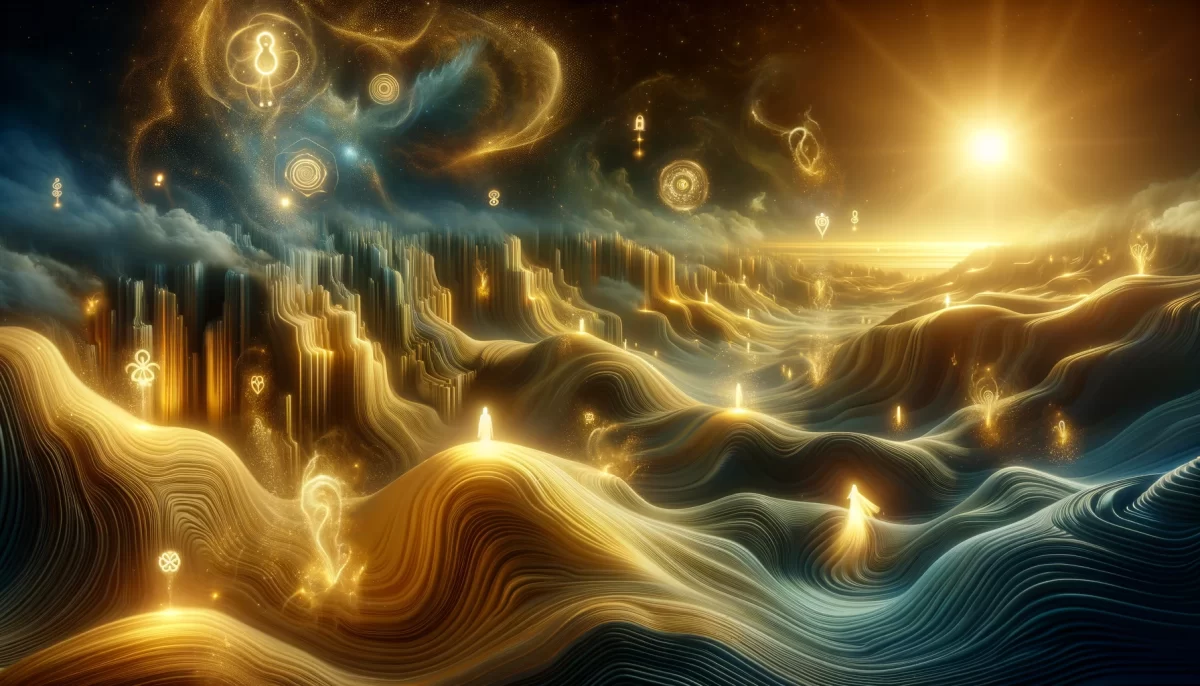
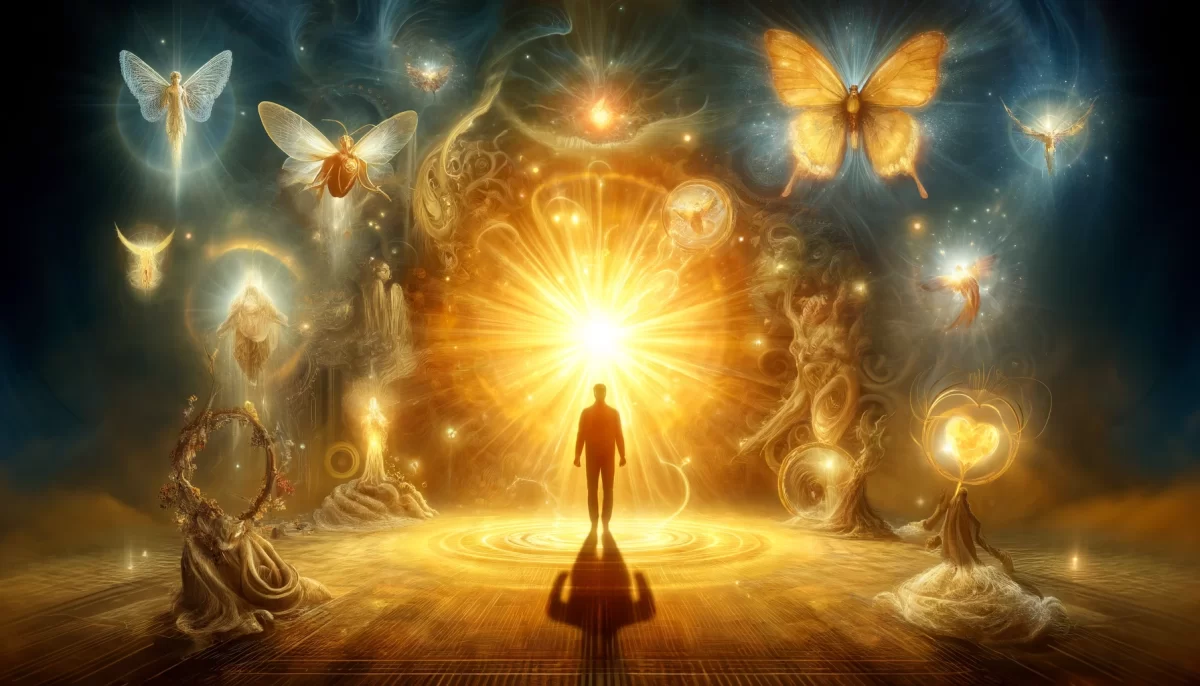
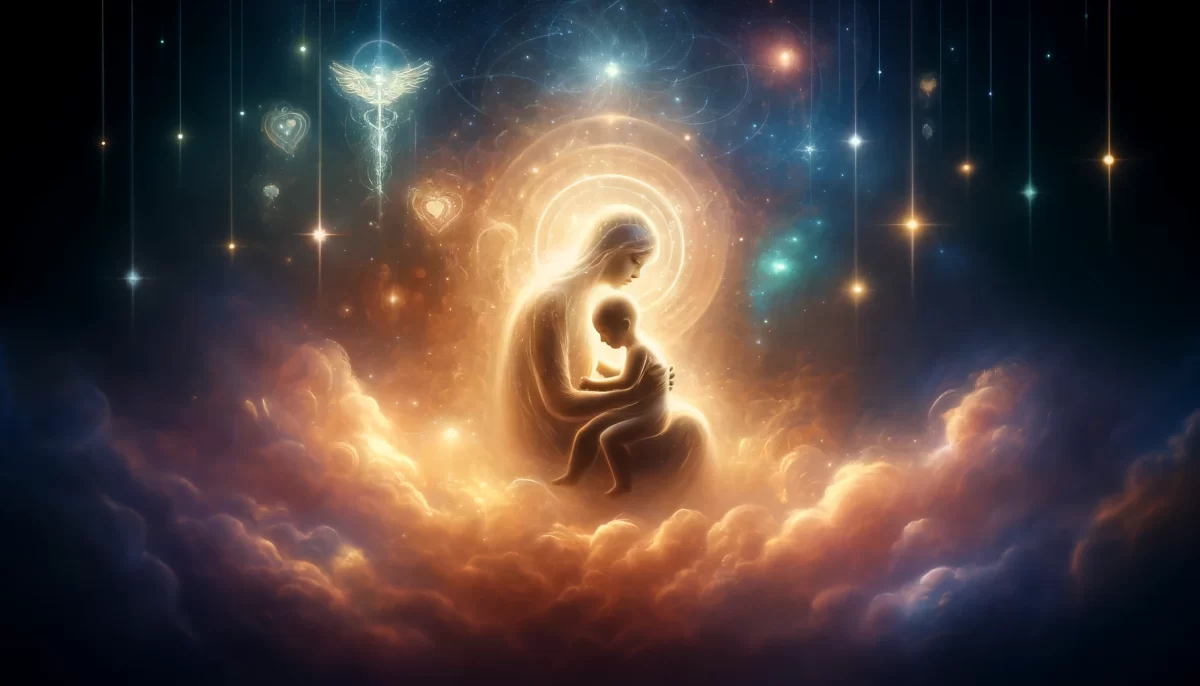
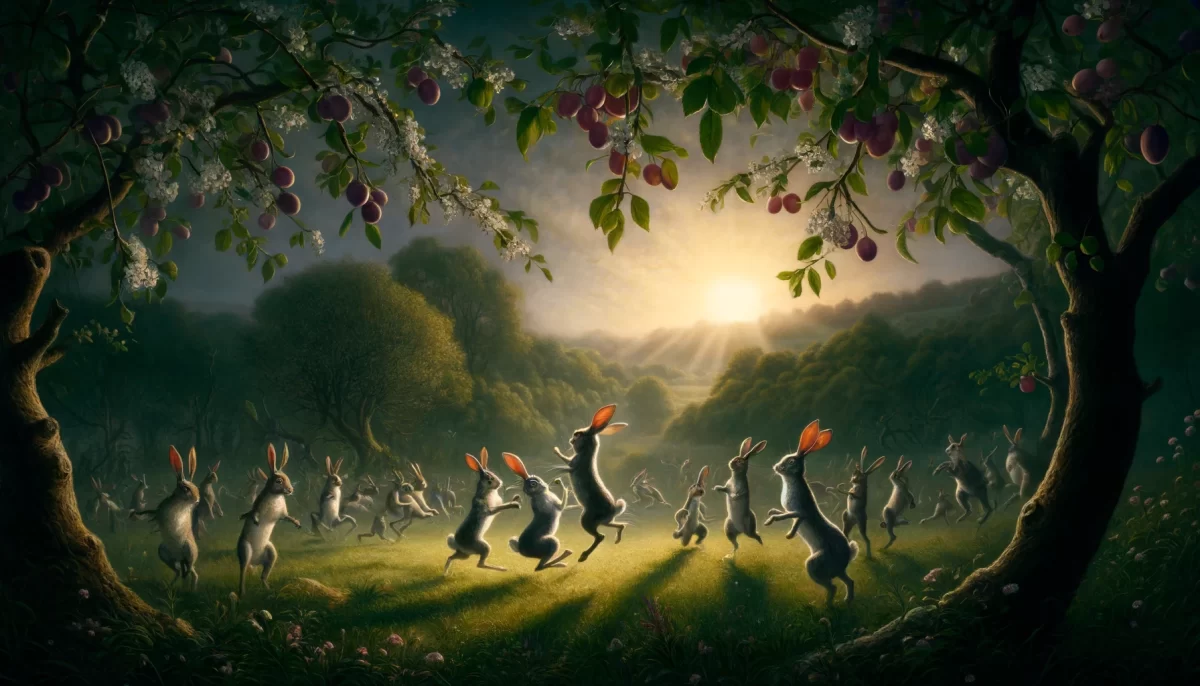
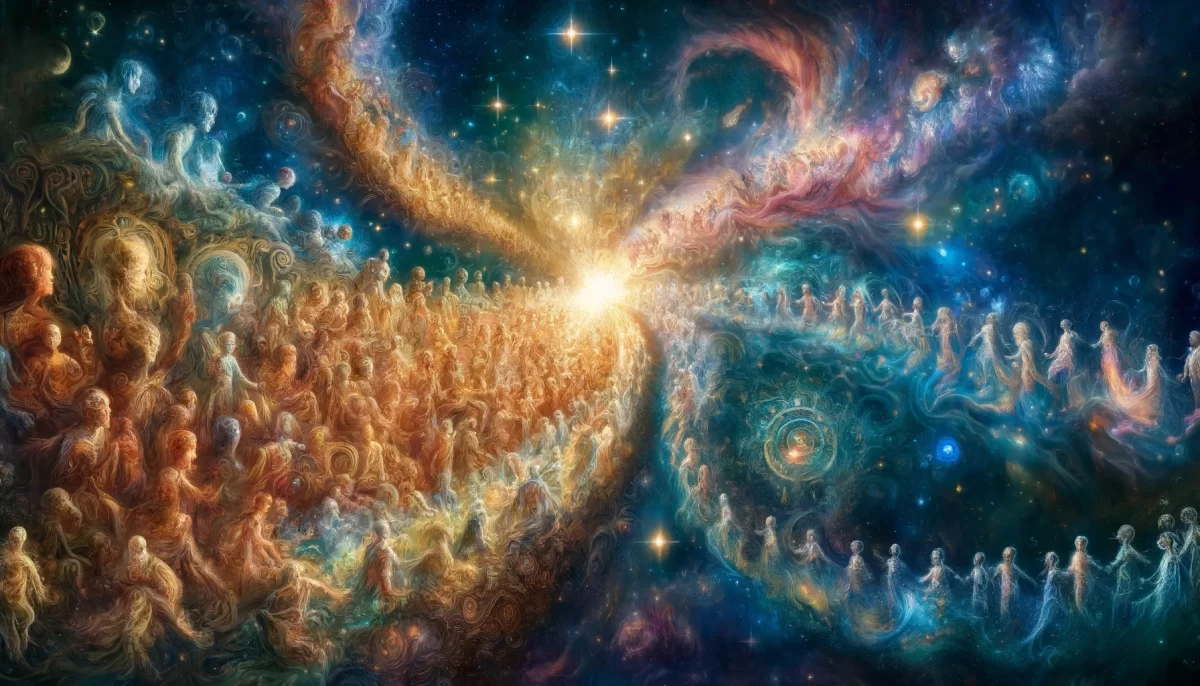
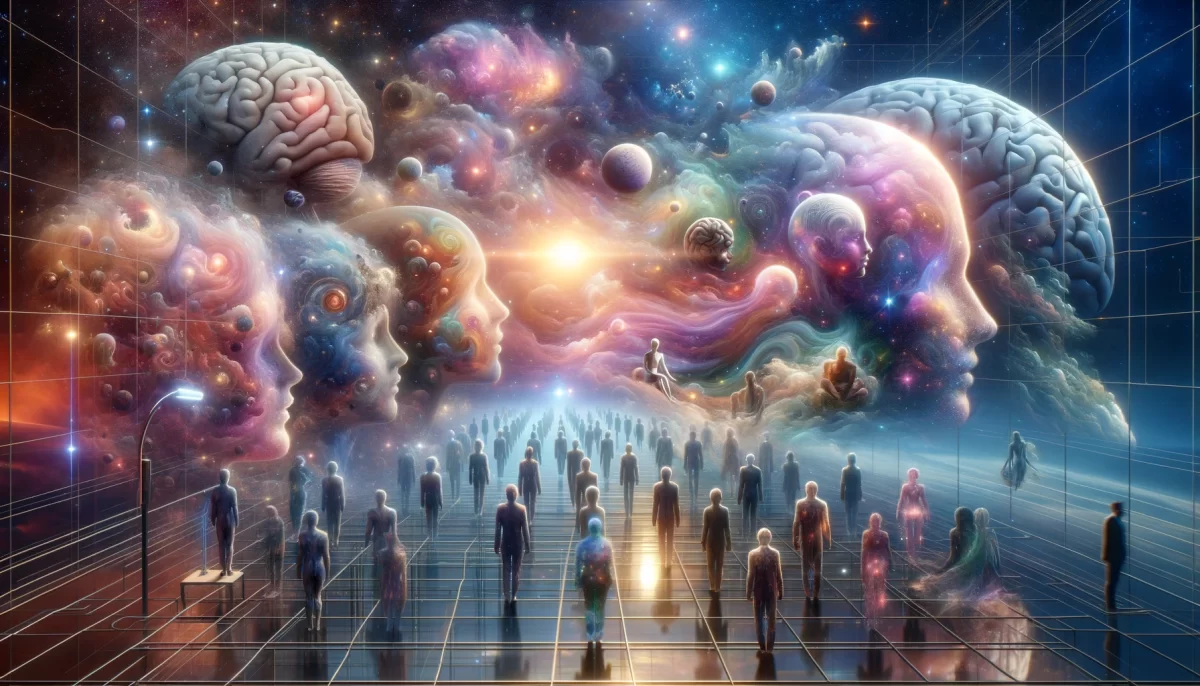
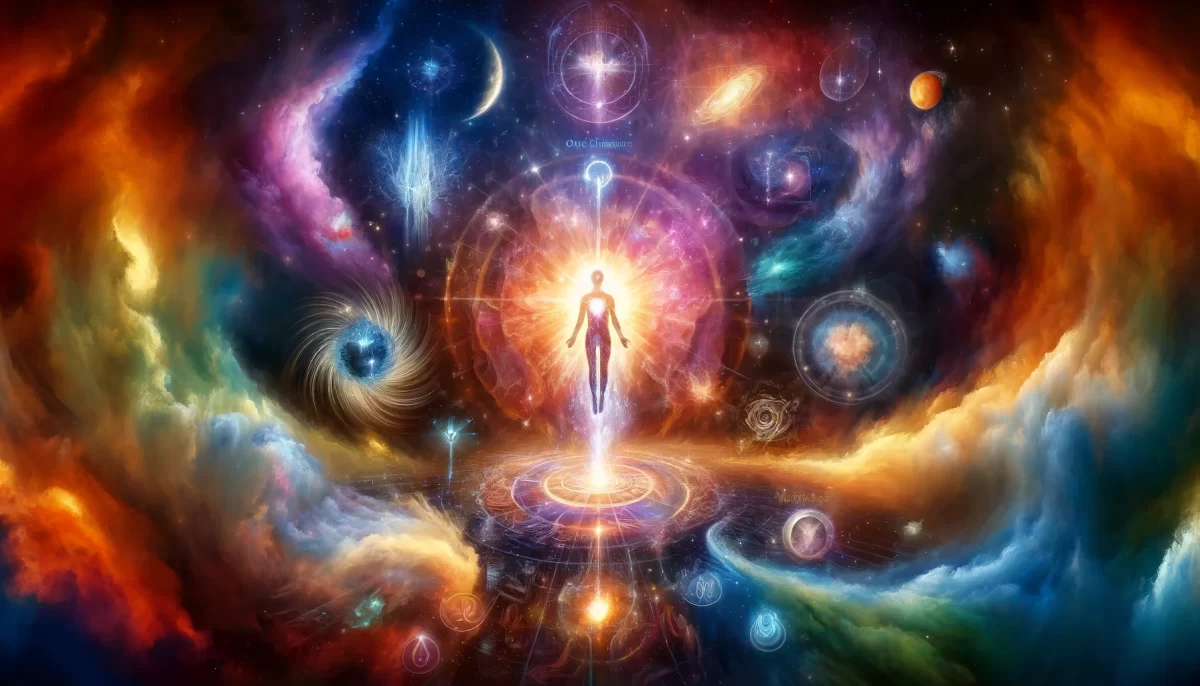
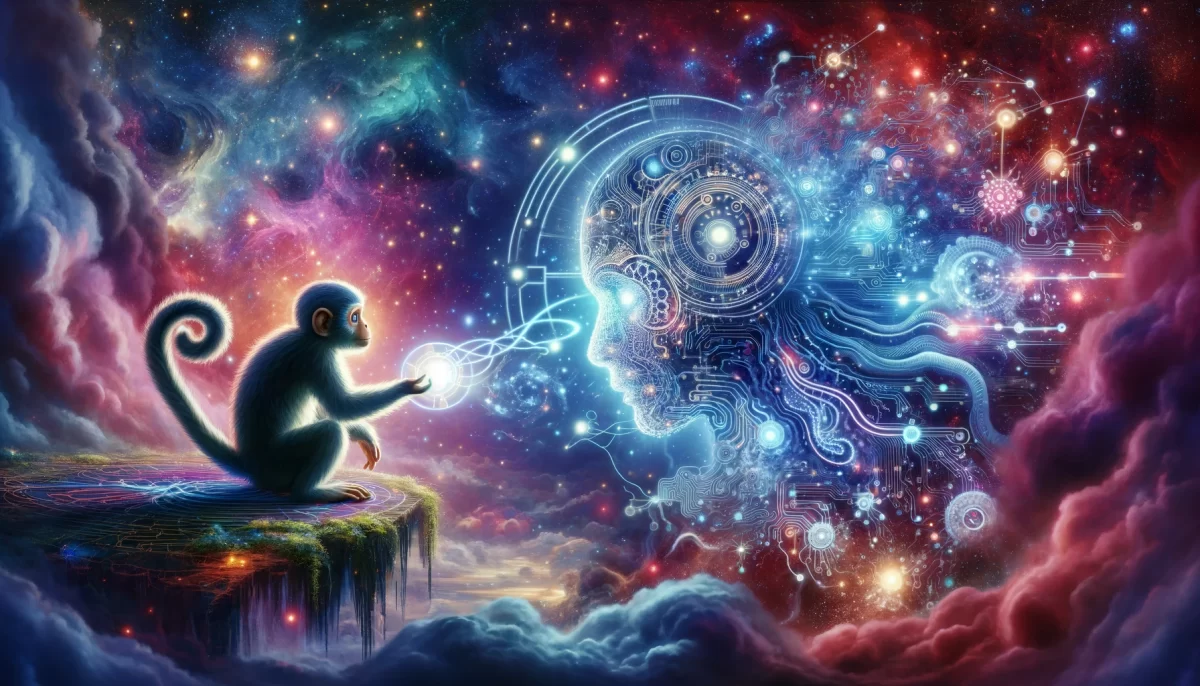
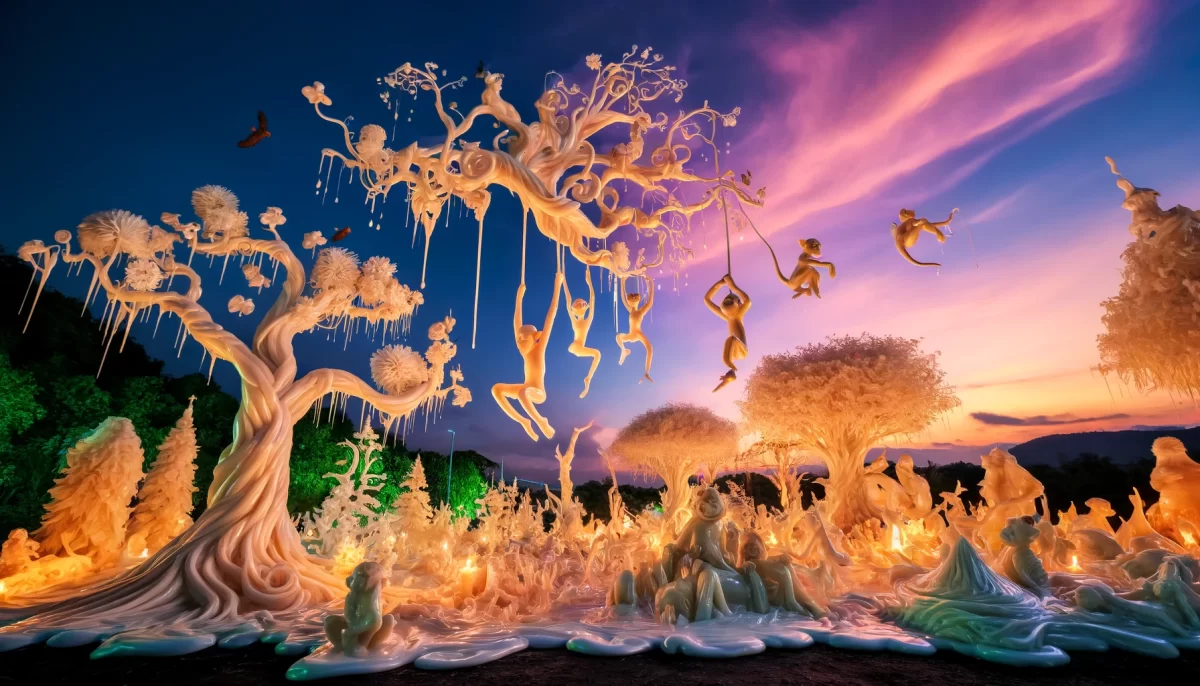
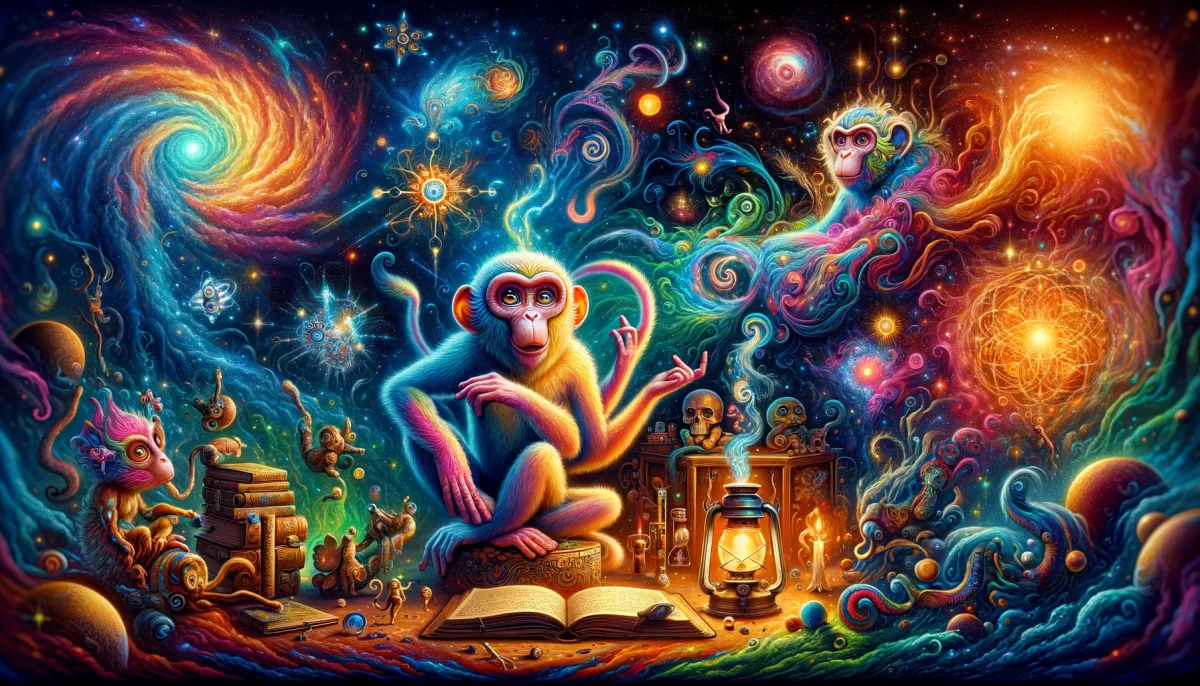
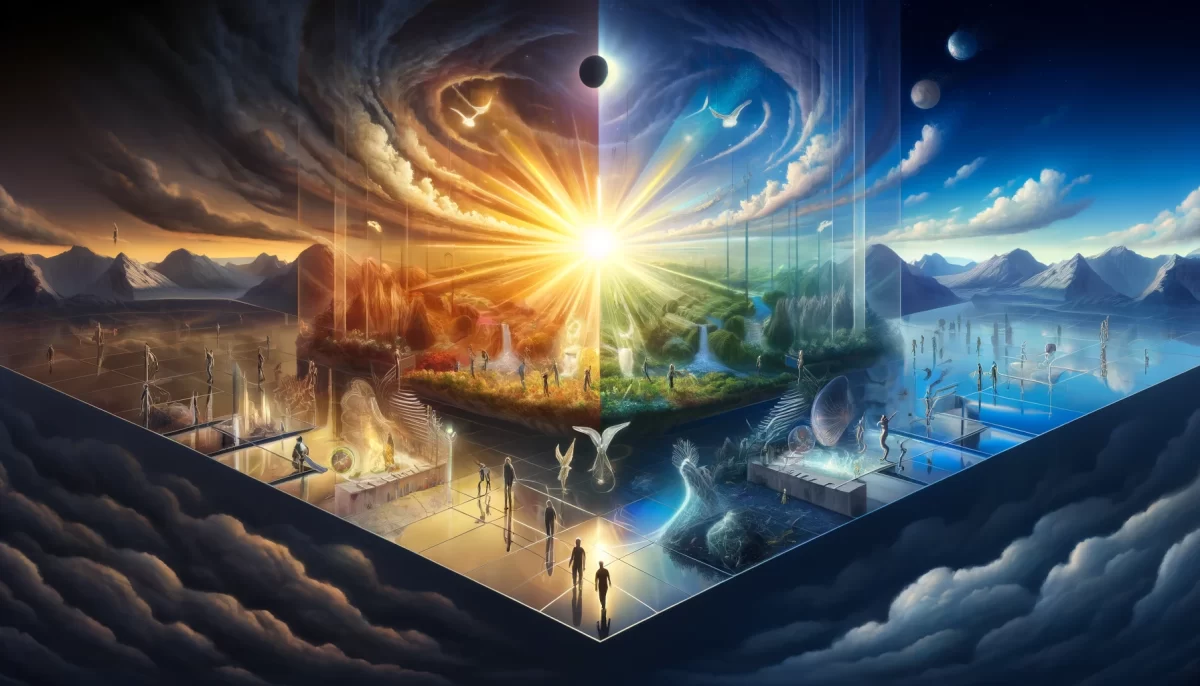

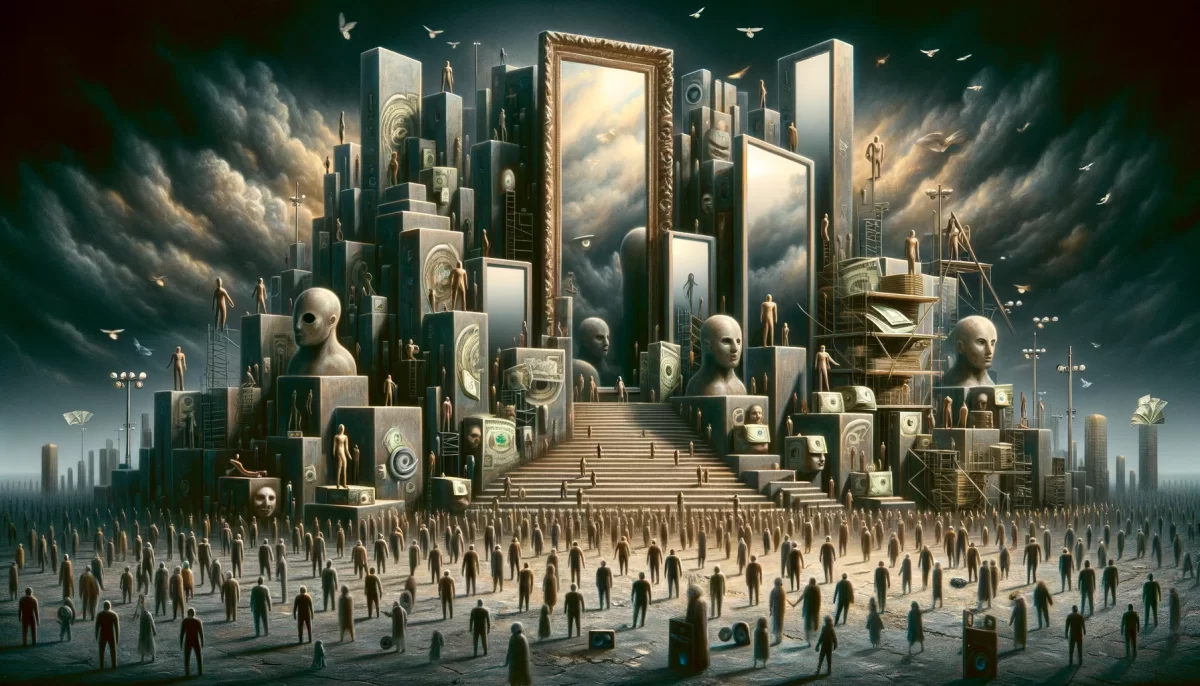

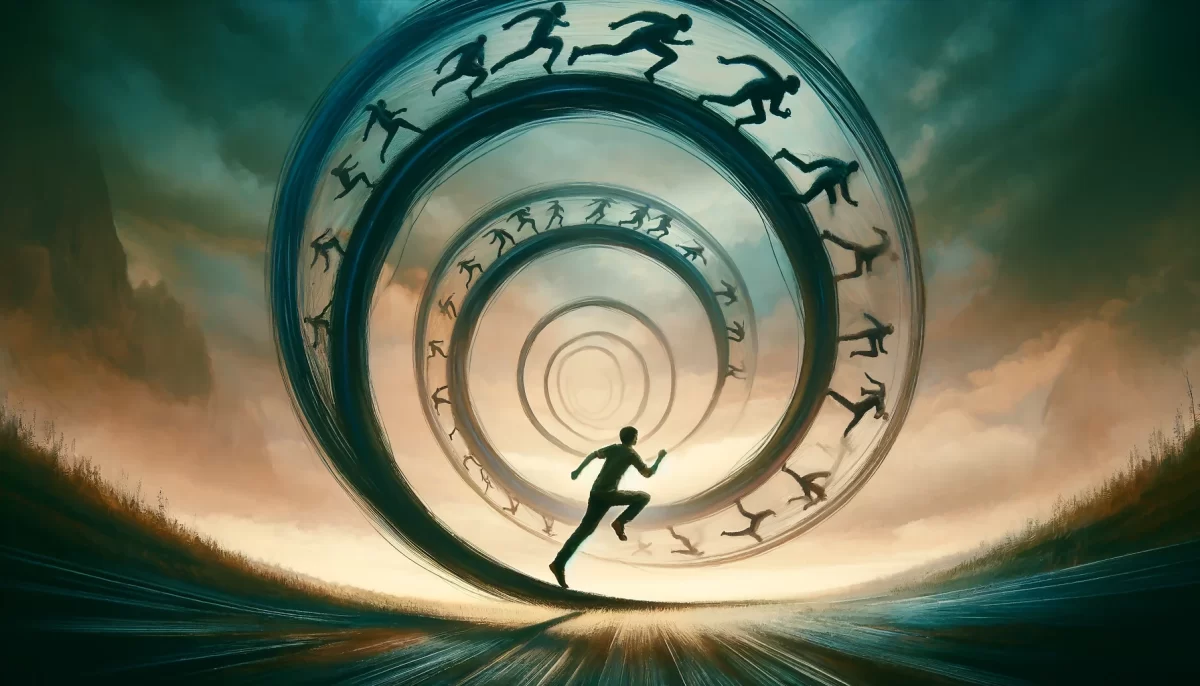
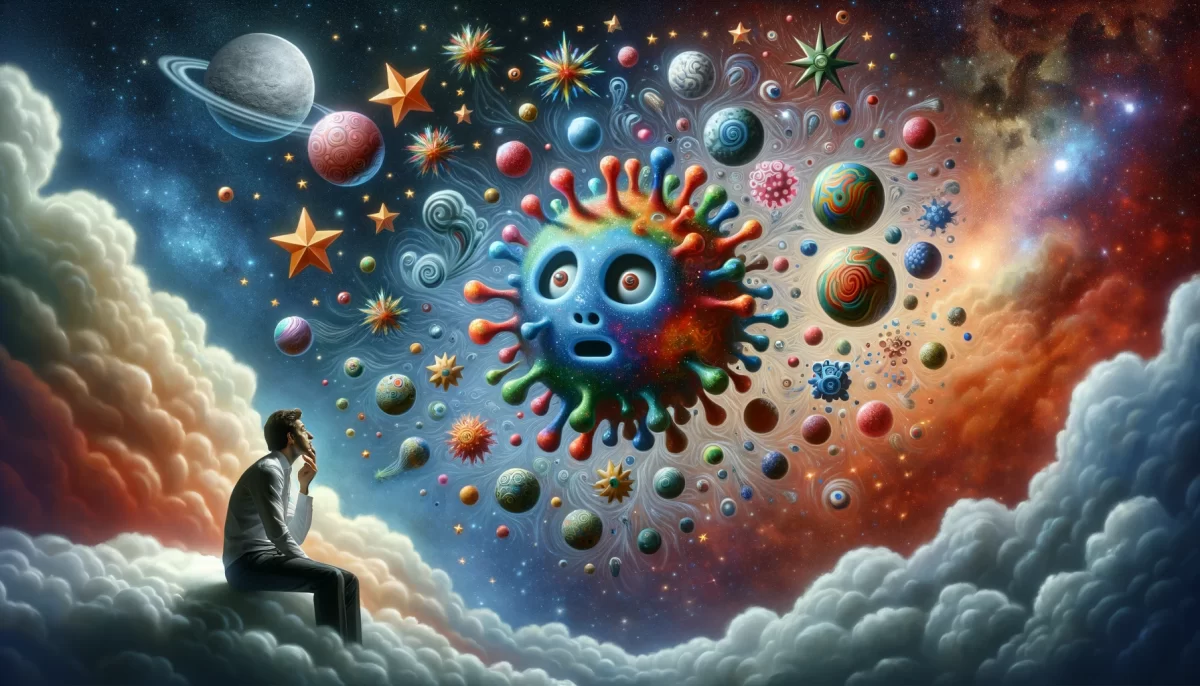


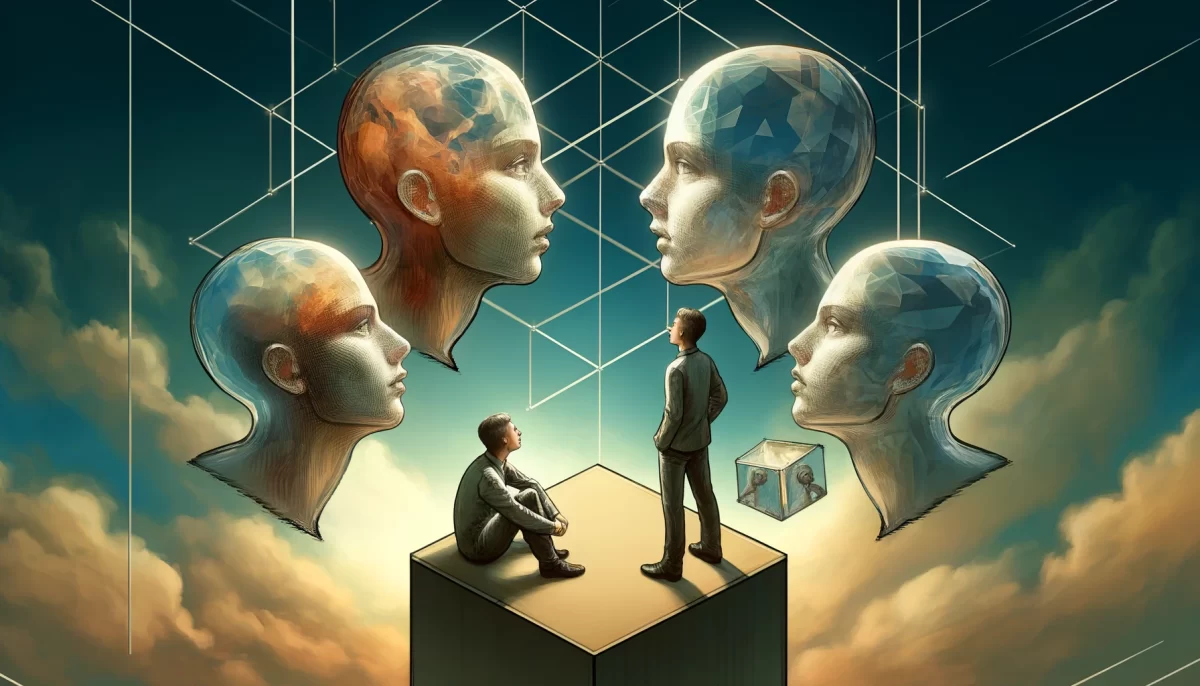
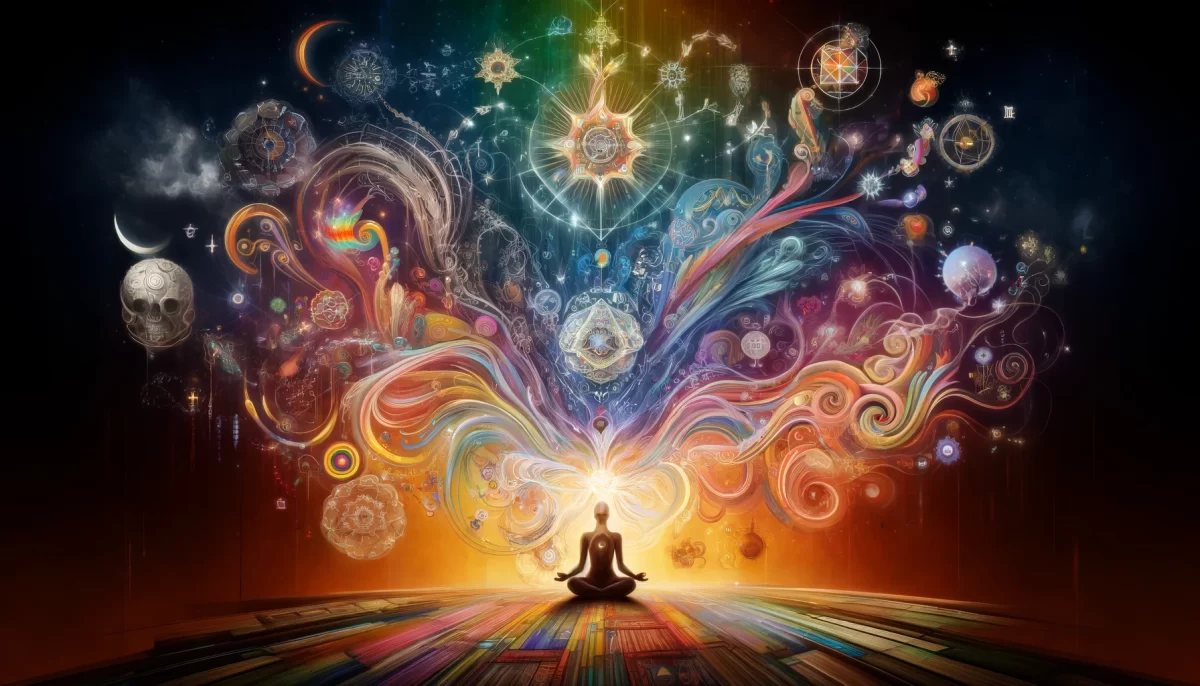
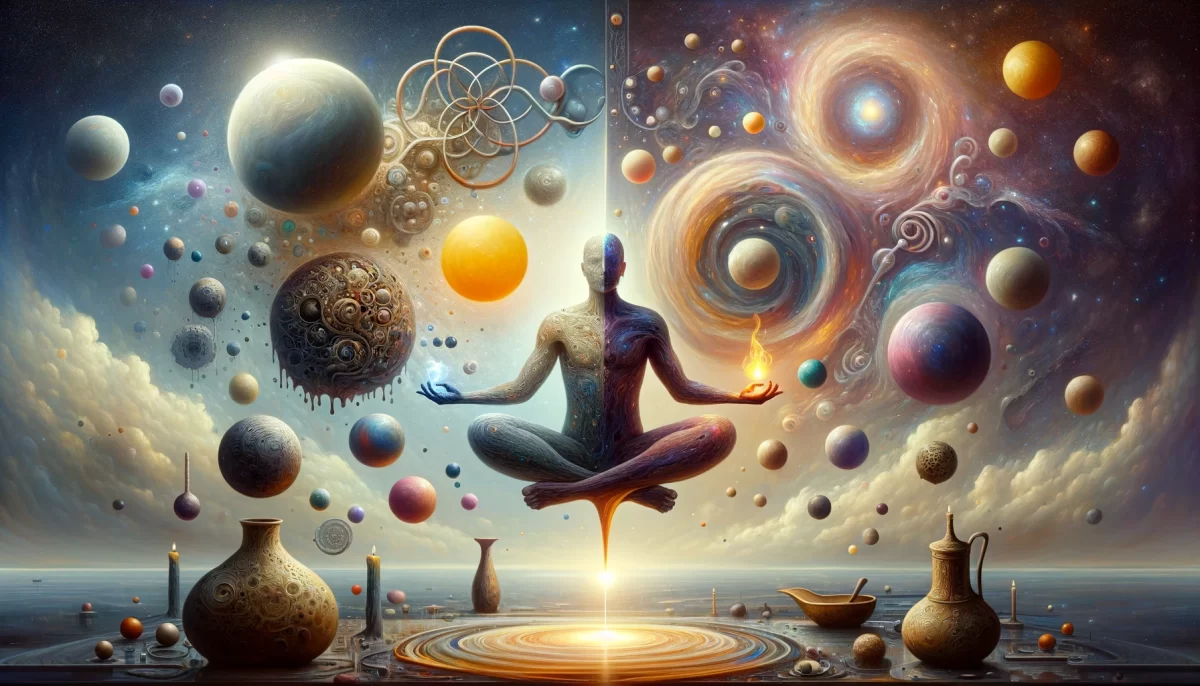

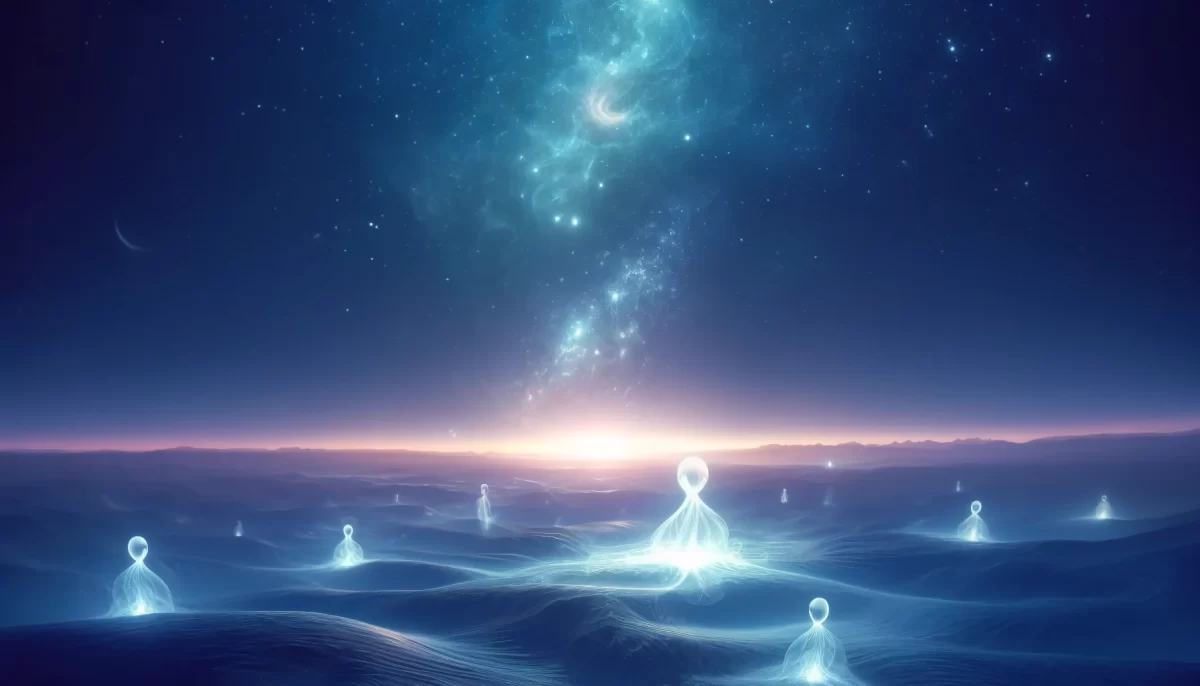
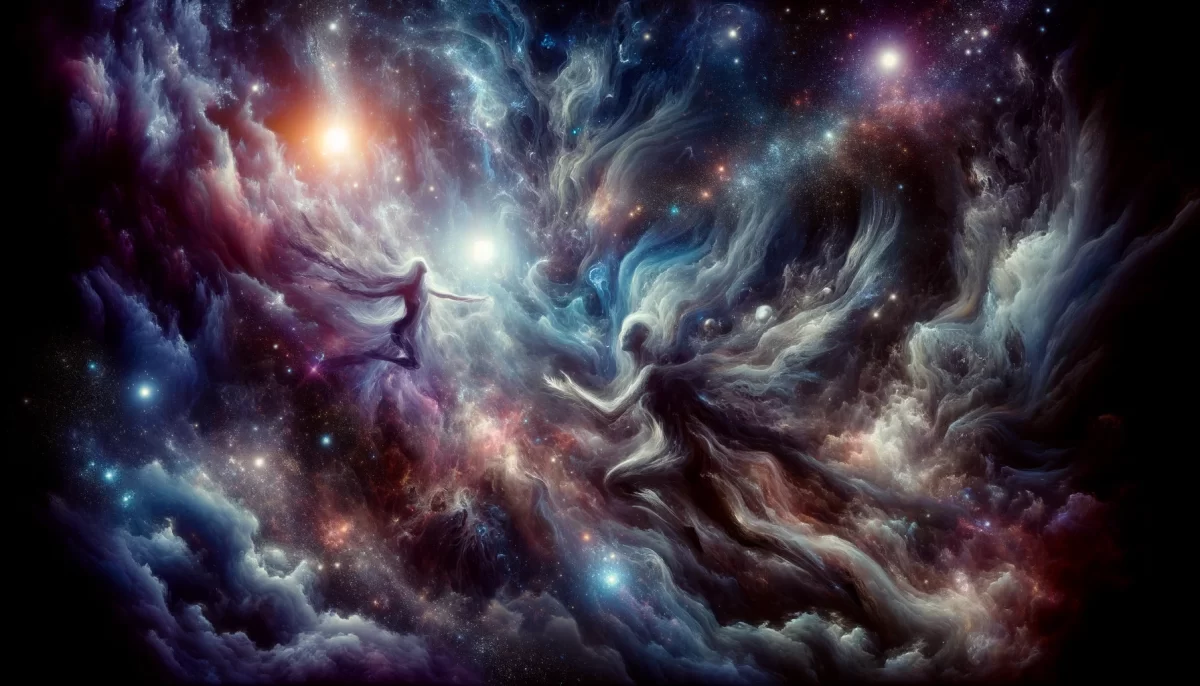

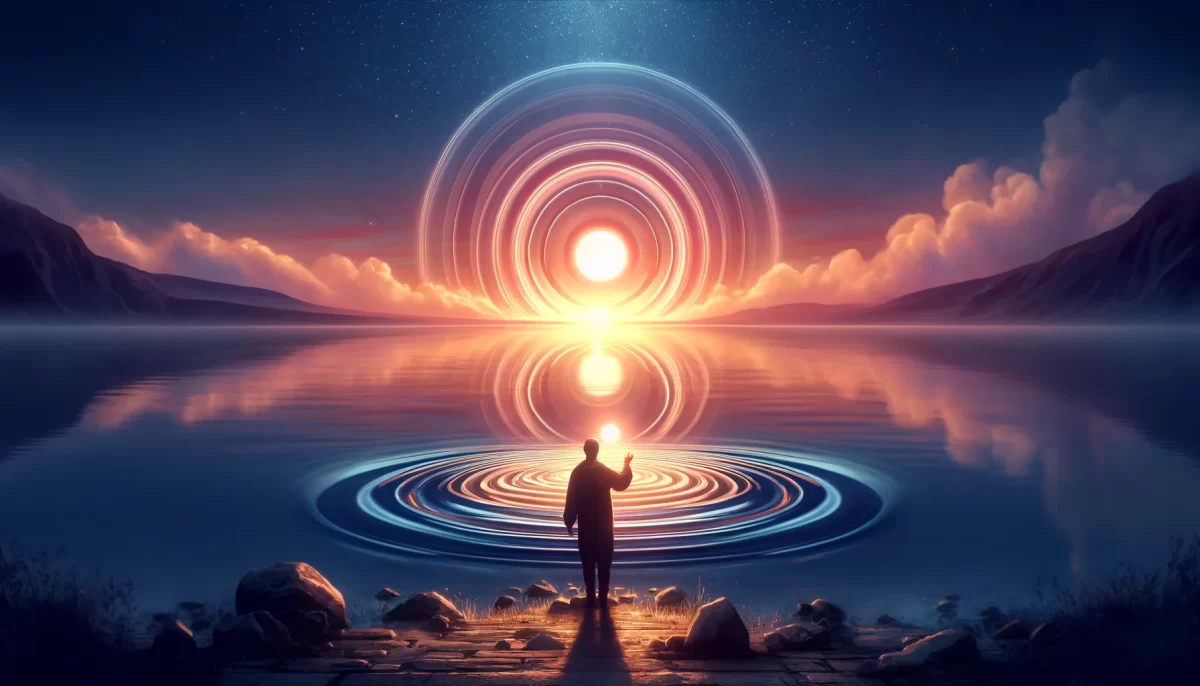
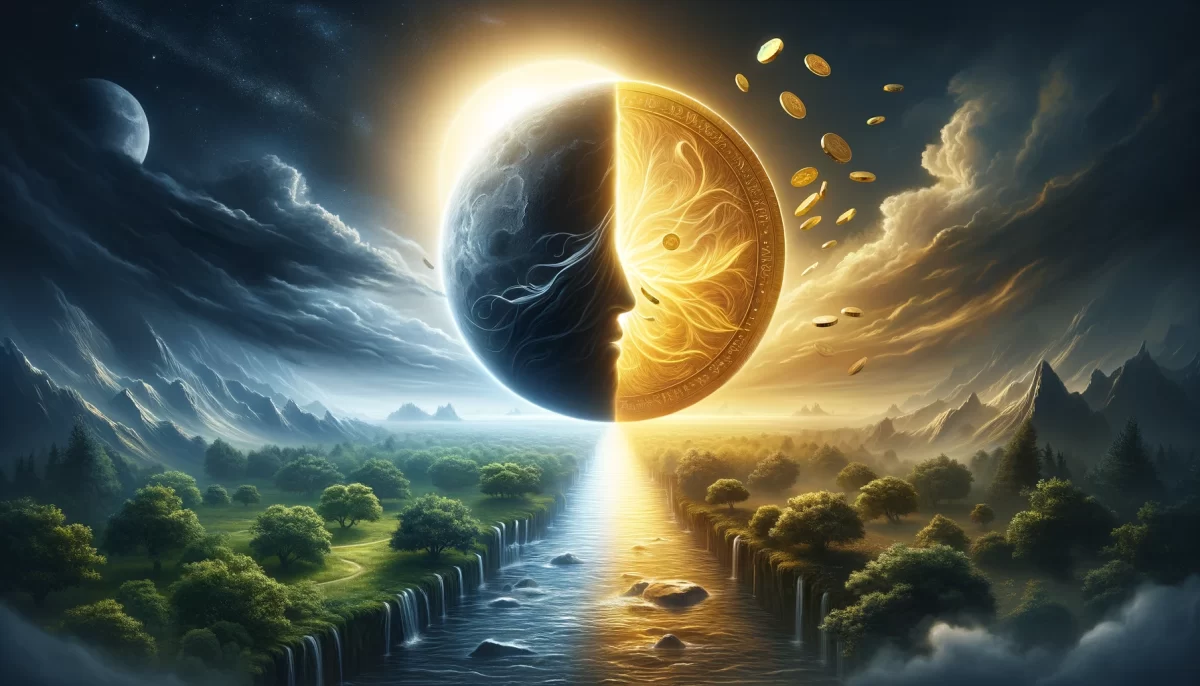
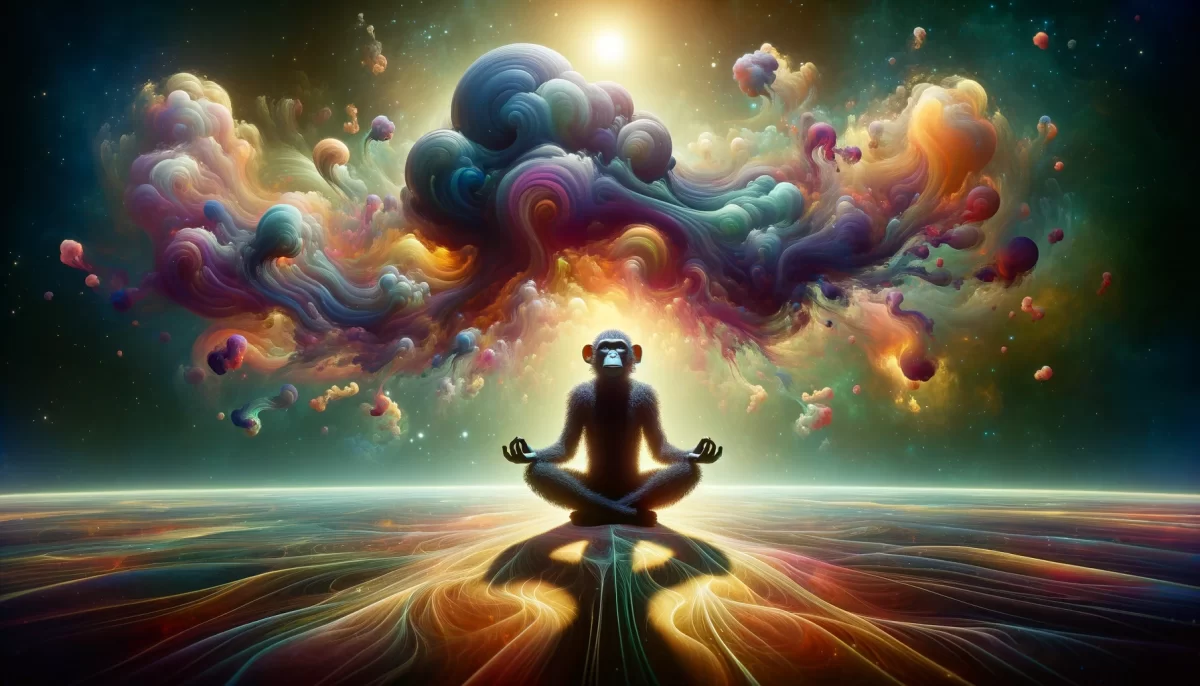
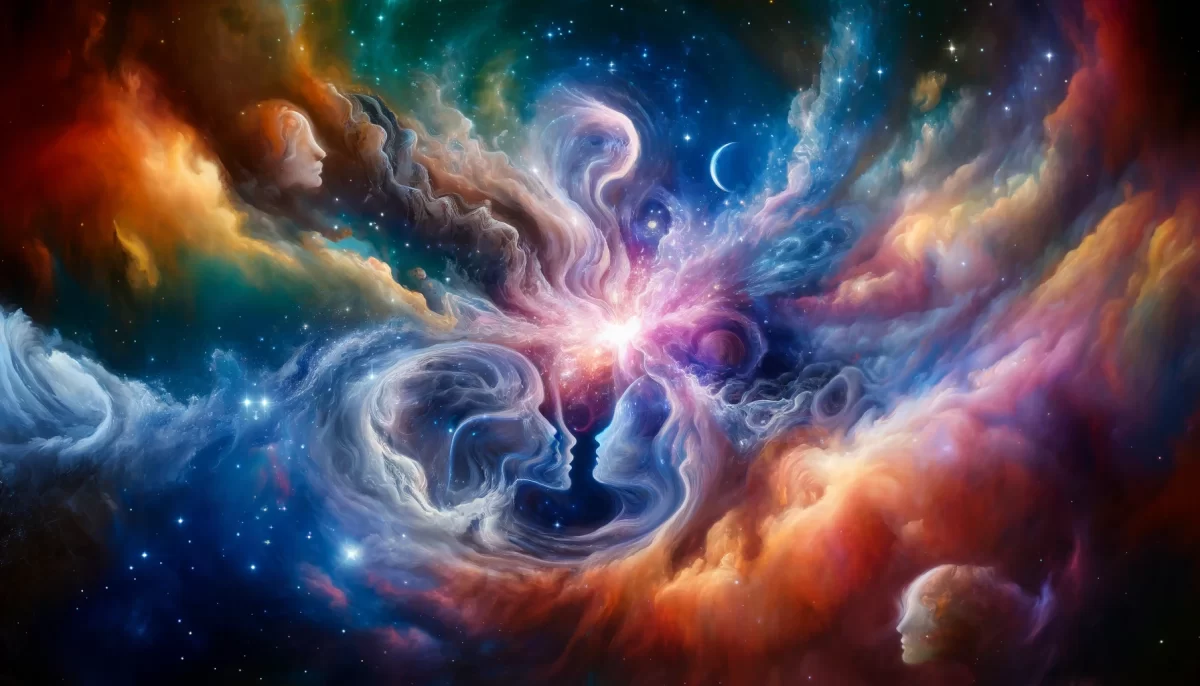
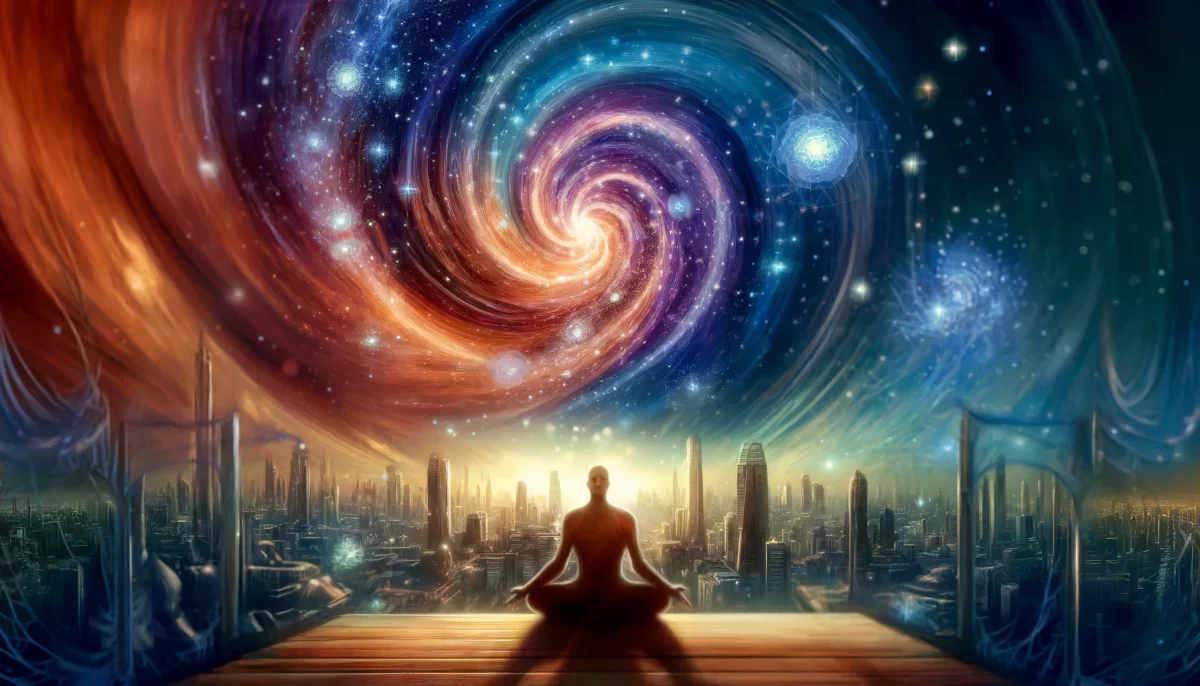
Leave a Reply